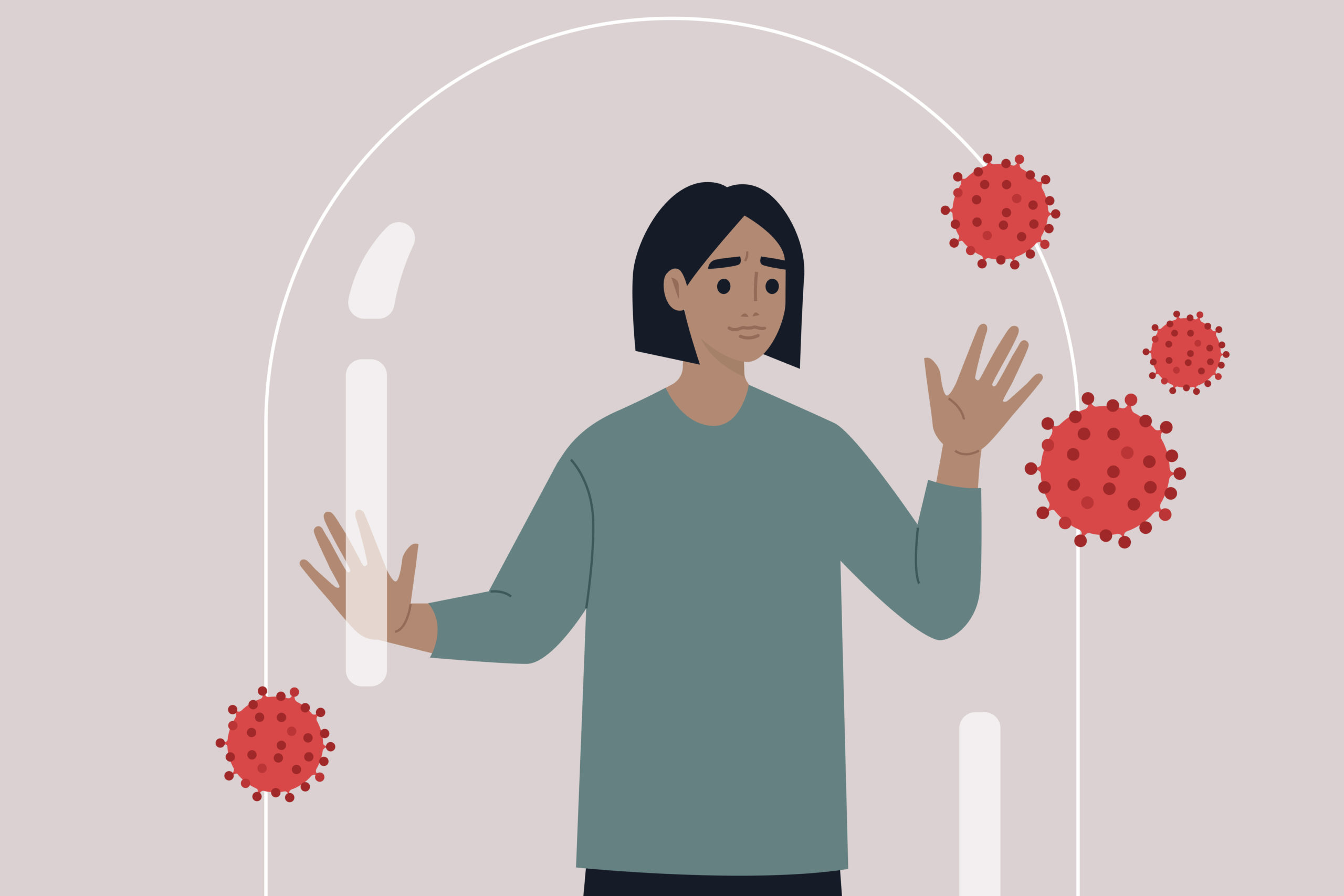
By Sarah Doherty, a Relationship counsellor and sex therapist. Since 2009 Sarah has been helping hundreds of couples and individuals to create more satisfying relationships and sexual intimacy. Everyone deserves to have happy relationships and sex.
People come to sex therapy for all sorts of reasons both physical and emotional.
Common problems are:
- Partial or full Vaginismus (inability to engage in penetration or insert anything in the vagina)
- Inorgasmia (inability to or difficulty in reaching orgasm)
- Erectile dysfunction (ED)
- Delayed or premature ejaculation
- Loss of desire/ differences in desire in a couple
- Painful intercourse
- Other emotional or physical issues with sex
1. Loss of Sexual functioning
What I have realized over the years is that in most cases physical dysfunctions and emotional problems are interdependent. Let’s take erectile dysfunction. Firstly in therapy I seek to create detailed picture of when and why it’s happening. Does it occur all the time, in all situations (global ED) or is it intermittent (partial or situational ED). A hypothesis can be made that there are also relational and/or performance anxiety issues to consider if the ED is intermittent. Then a holistic approach to therapy is taken to assess how patterns in the relationship are reinforcing the anxiety and I would usually advise coming as a couple in order to explore this.
Even if ED is purely physical due to health issues, it’s a myth to think that taking Viagra suddenly cures every man who has ongoing erectile difficulty. Of course, it can be a massive help and relief, but like everything that changes in our lives, there are new challenges to deal with. There may be side effects, your approach to your body and sex may also need to change. For example, you may need to plan sex more in advance and communicating your desire to your partner verbally. Most importantly to mention, is that perhaps one of the key ways a man is valuing himself has been lost and he may not even realise it, but feel generally low or anxious or lose his desire.
2. Self-expression and understanding
There are often multiple considerations for a couple where one or both have physical changes. Consider the impact on your sexual relationship if a man is totally preoccupied with whether a body part works or not. How can he be available to give time, attention or the sense of being wanted to his partner? Of course women want to make their partners feel better and not make a fuss, but actually it’s also a loss of a part of the relationship and a couple can feel quite at sea in knowing how to relate to each other when physical challenges interrupt the flow.
3 Get Real and feel the feelings
Both partners need a way of expressing their loss and that may not be to each other. For example, during the individual history taking stage of psychosexual therapy, women lament things like:
“ I miss him not getting aroused so readily”
“A fully hard erection is such a turn on; it makes me feel wanted, now I just feel disappointed but feel guilty at the same time”
“He used to be hard just by looking at me”.
Even speaking this out loud can get it ‘off your chest’ and the loss and sadness can be acknowledged.
Most of the advice around comes from the mistaken belief that ignoring, denying, minimising the things we have lost or cause us distress and only focusing on the solutions is going to make it all better. Healing always involves discomfort and pain; you can’t choose not to feel upset around something you do deeply feel upset about! It’s like you can’t choose for your broken leg not to be painful even if you take medication to dampen it. Recognise upset, hurt and loss feelings as a part of healing and it will get better much more quickly!
4. Adapt to a new version of yourself.
Everyone wants a cream or a pill, but actually, your desire and your pleasure can be regained if you can adapt to a different version of yourself and like yourself just as you are right now.
If you don’t grapple with the physical changes that make you less than the unobtainable “perfect” you want, you may avoid sexual intimacy altogether in an attempt to contain unwanted critical or inadequate feelings. In fact, you may even dupe yourself about this avoidance, perhaps justifying the low desire as; tiredness, stress, work, the in-laws, your partners flaws and so on. Just maybe it’s as much about your ability to accept yourself when things go wrong or don’t work perfectly! If you do nothing other than reduce your body self-criticism it will literally revolutionise your sexual well-being.
5. Benefits of sex therapy
Generally, we are stuck in an outmoded concept of an ideal sexual encounter, both from previous experiences and from our beliefs and cultural pressures.
Sex therapy can expand your sexual horizons beyond penetration and orgasm towards connection and sensuality; it can give a couple a renewed sense of hope and purpose. It’s also an in-depth exploration of your sexuality, your arousal cues and your contexts that facilitate desire and maximise sexual well-being. Specific exercises will be given to you individually or as a couple to complete at home to help you experience a change, rather than just talk about change. I will be writing more about what happens in sex therapy in further articles.
Ultimately it can help you on your journey towards self-acceptance, by providing a safe place to express your painful emotions without fear of hurting your partner or being judged and you may even enjoy it!
Summary
Welcome your sexuality just as it is right now
Let go of expectations
Give yourself permission to feel sadness, anger even rage so that your body can complete the healing cycling and move towards acceptance of the new situation
Shift your self-image by focusing on the things you body can do
Seek help if you are stuck in an escalating, downward cycle of negativity and despair about what is happening to you emotionally or physically.





